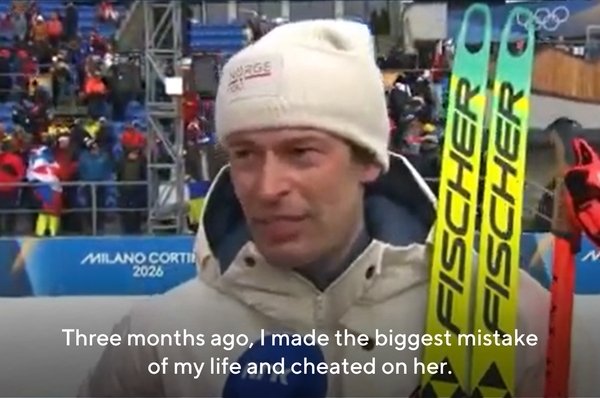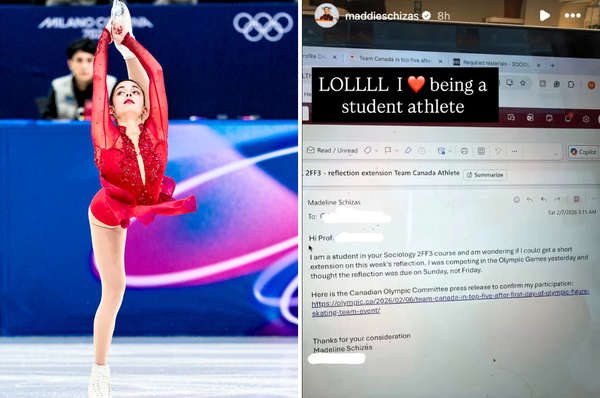Brazil Has Voted Out Its Far-Right President Jair Bolsonaro And Elected This Leftist Former President
Voters in Brazil have elected leftist former President Luiz Inácio Lula da Silva, known as Lula, as the country’s new leader, removing the incumbent far-right president Jair Bolsonaro after four years.
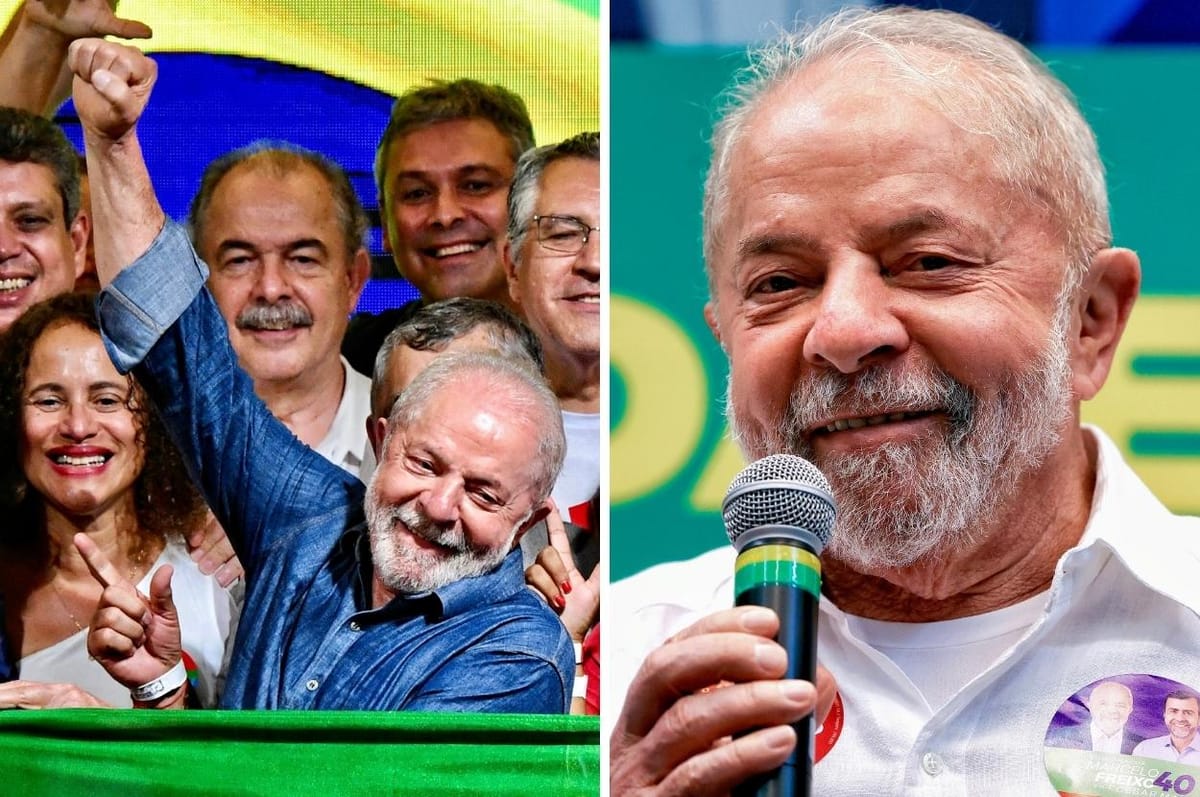
Voters in Brazil have elected leftist former President Luiz Inácio Lula da Silva, known as Lula, as the country’s new leader, removing the incumbent far-right president Jair Bolsonaro after four years.
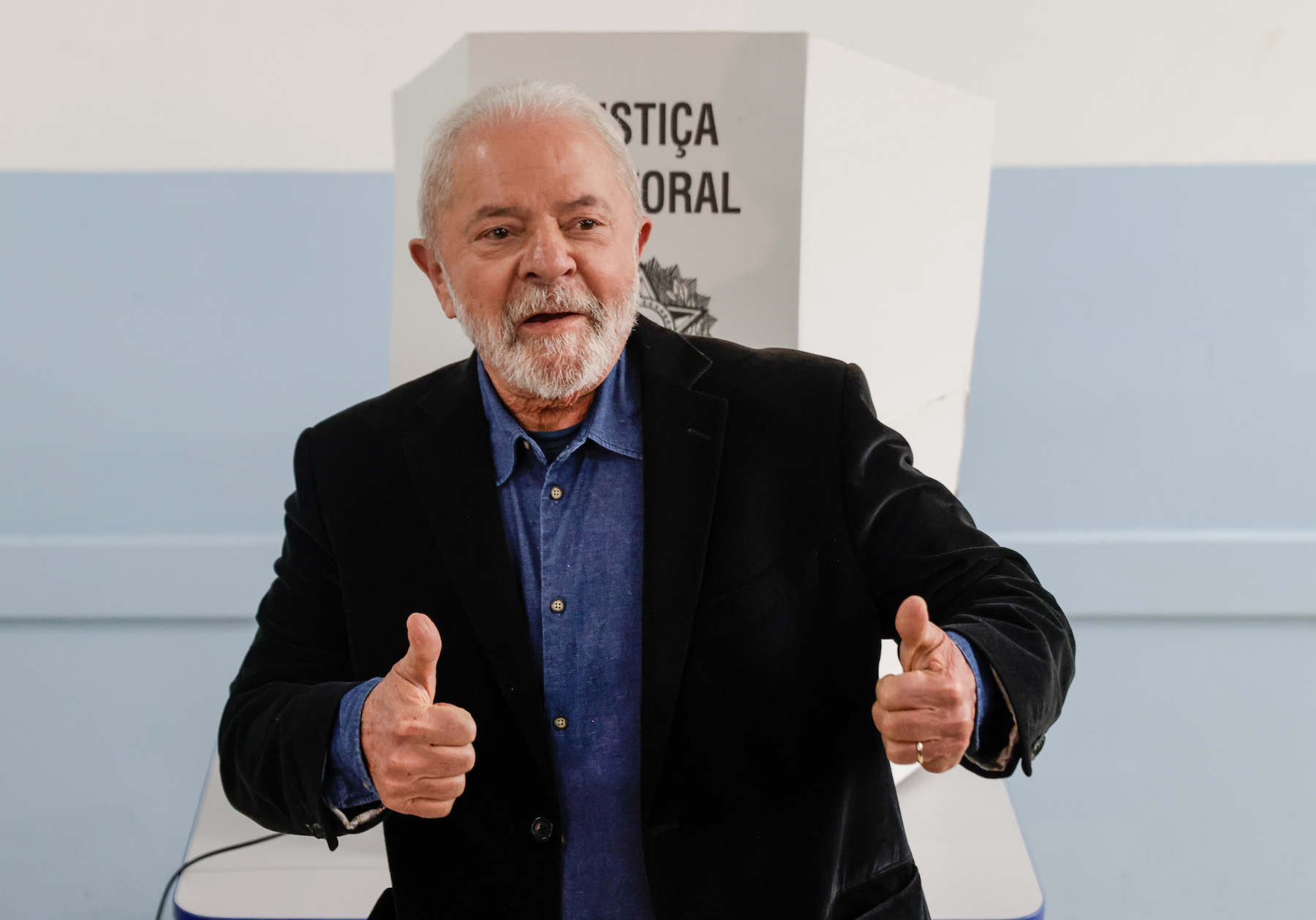
With 99.97% of the votes counted by the evening of Sunday Oct. 30, da Silva had won by a narrow margin of 50.90% of the votes, with Bolsonaro taking 49.10%.
Bolsonaro has been widely criticized during his four years for accelerating the destruction of the Amazon rainforest and worsening the effects of the COVID-19 pandemic, which left almost 700,000 people dead, according to the New York Times.
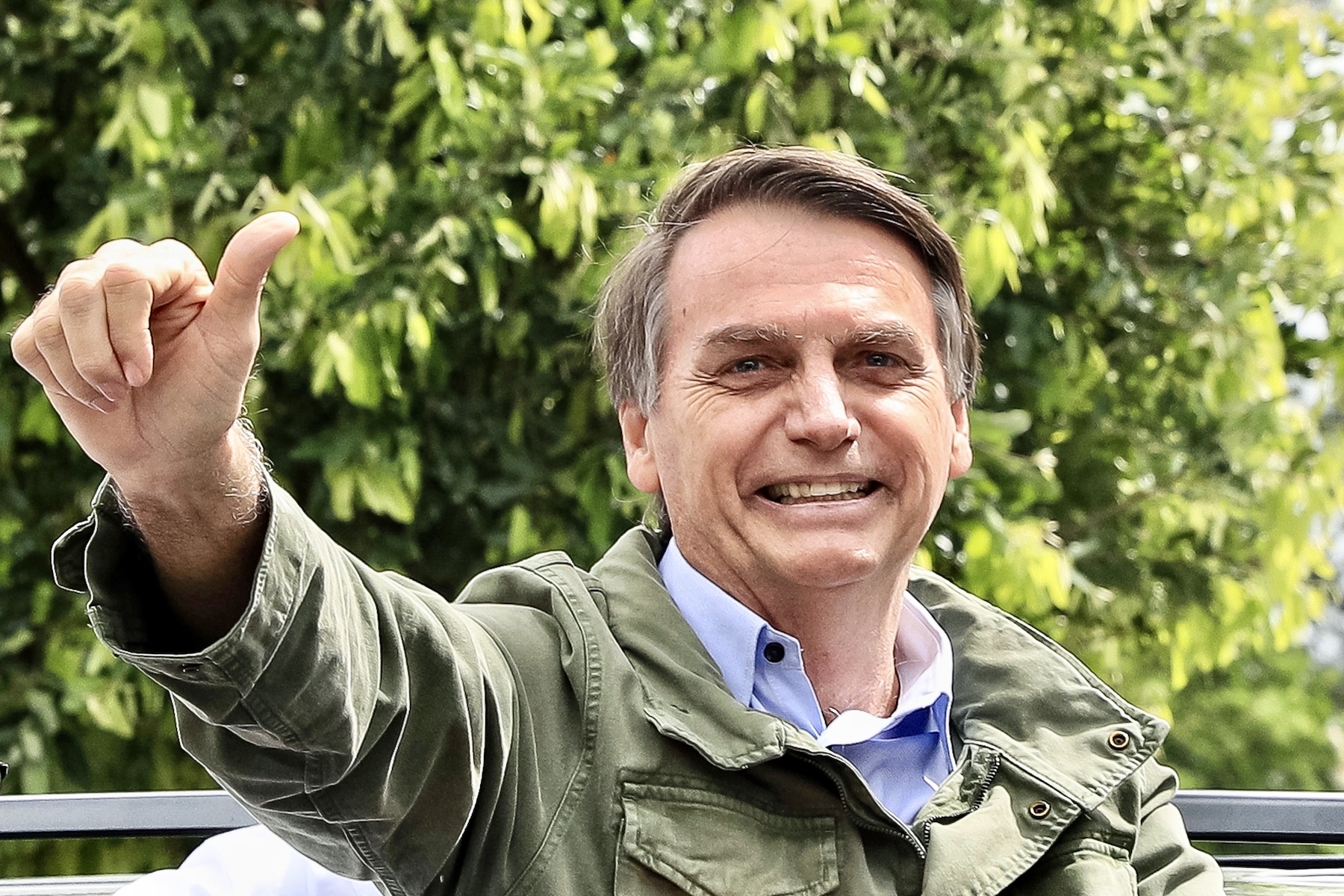
His term has also been marked by invasions of Indigenous lands and surging violence against Indigenous people. It was these policies that led a record number of Indigenous women to run in the general election this year in a bid to increase Indigenous representation.
77-year-old da Silva, a former metal worker and union leader, served as president from 2003 to 2010, leaving office with an 80% approval rating.
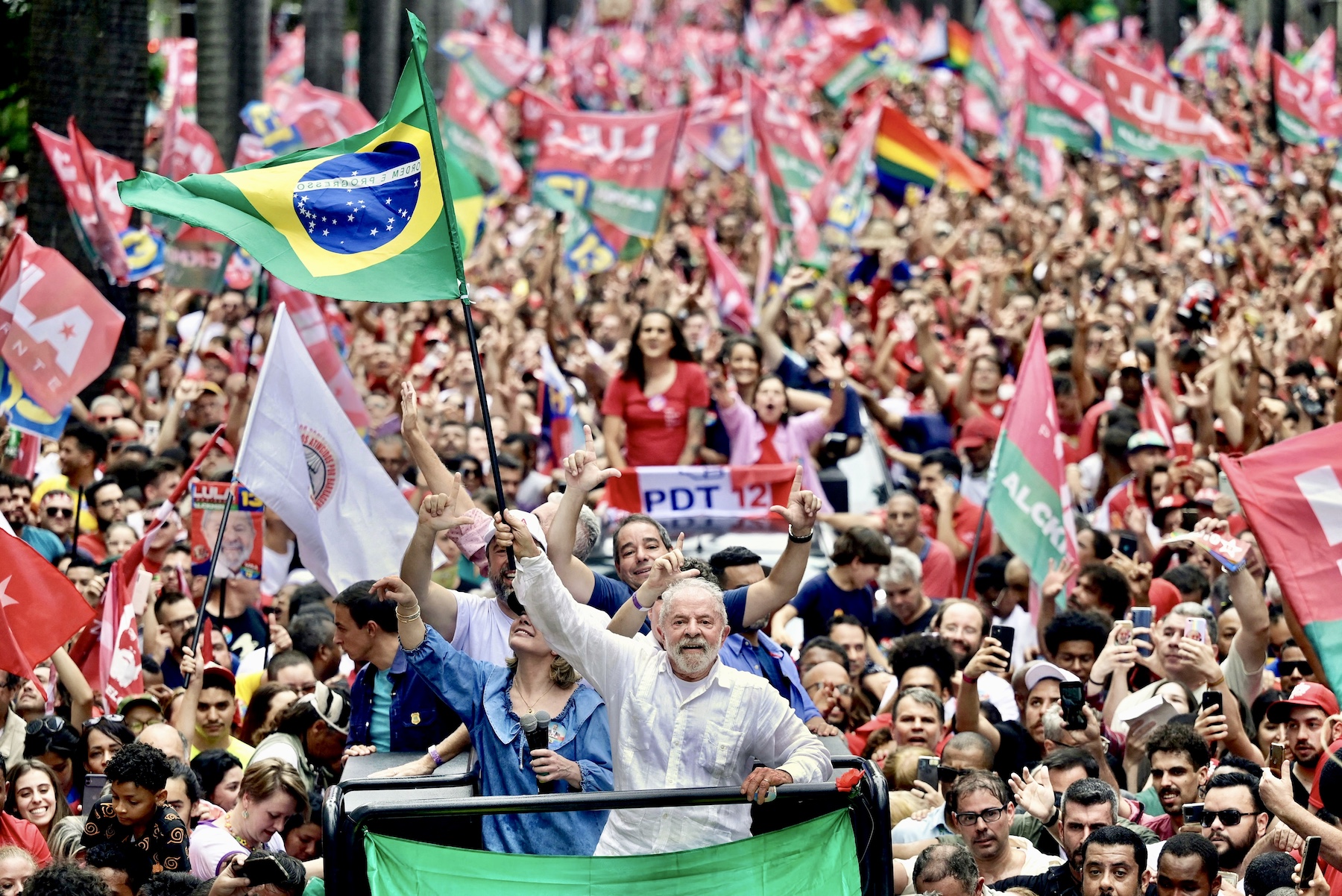
However, da Silva was convicted of corruption in 2017 in a controversial trial and sentenced to nine and a half years in prison.
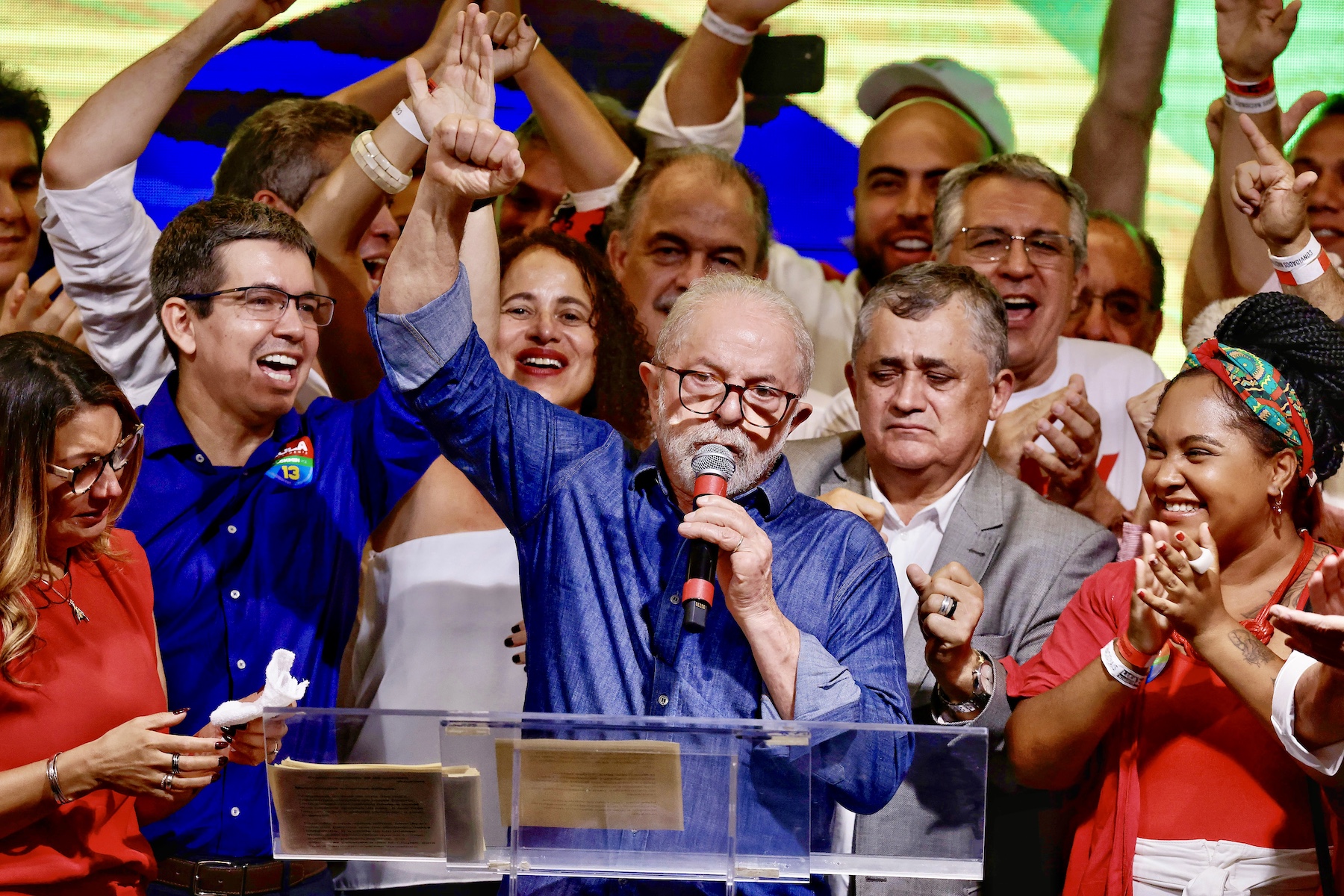
He spent 580 days in prison before the Supreme Court ruled that the judge in his cases had been biased and released him.
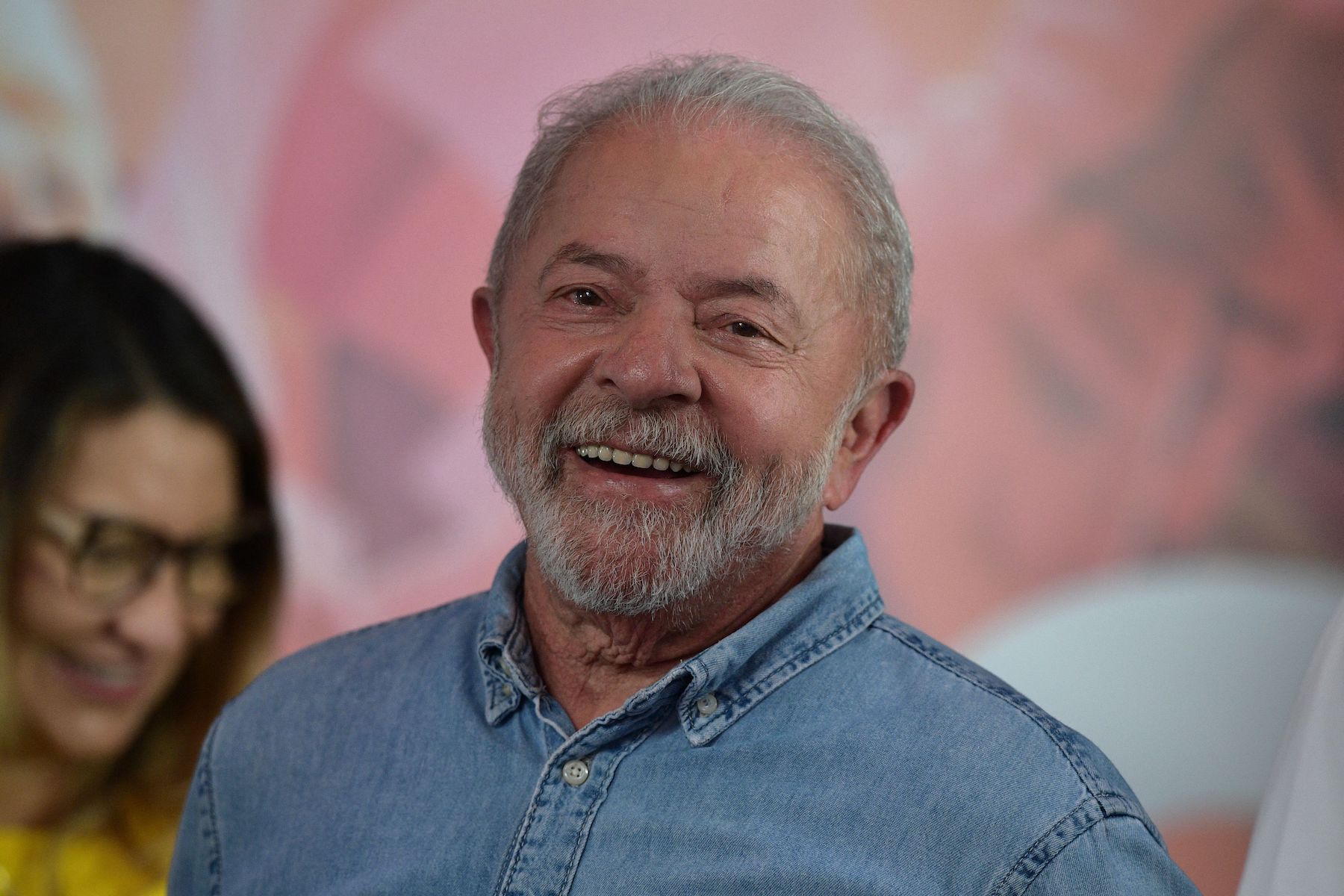
The beloved ex-president had attempted to run against Bolsonaro in the 2018 election but was barred due to the corruption charges.
Although he has not been cleared of any wrongdoing, he was allowed to run for this year’s election.
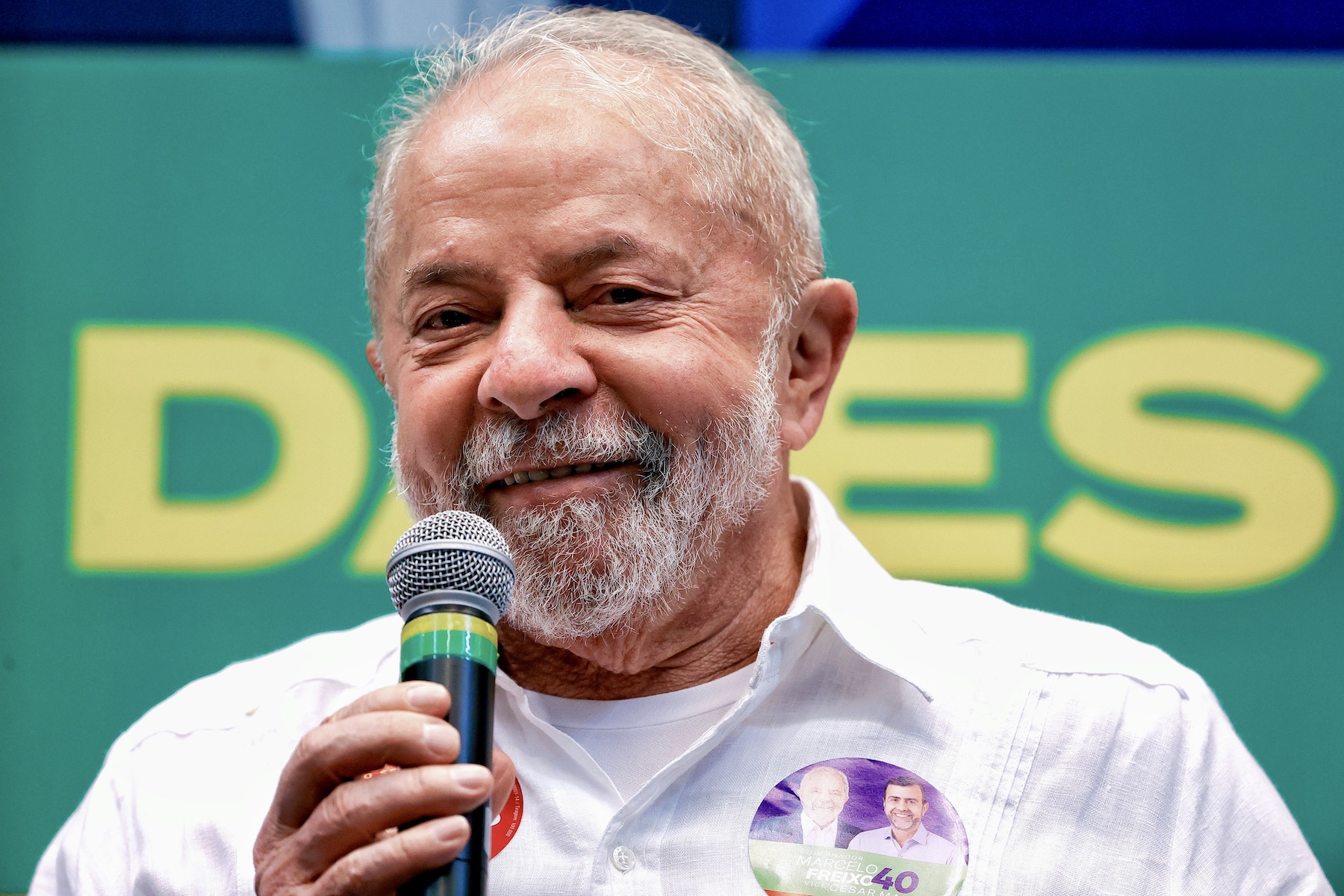
He is still seen as corrupt by a large chunk of the Brazilian population, but many saw him as a way to reject Bolsonaro and his far-right policies.
The election results continues a wave of leftist victories in Latin America since 2018, starting with Mexico and Argentina, followed by Bolivia, Peru, Honduras, Chile and Colombia.
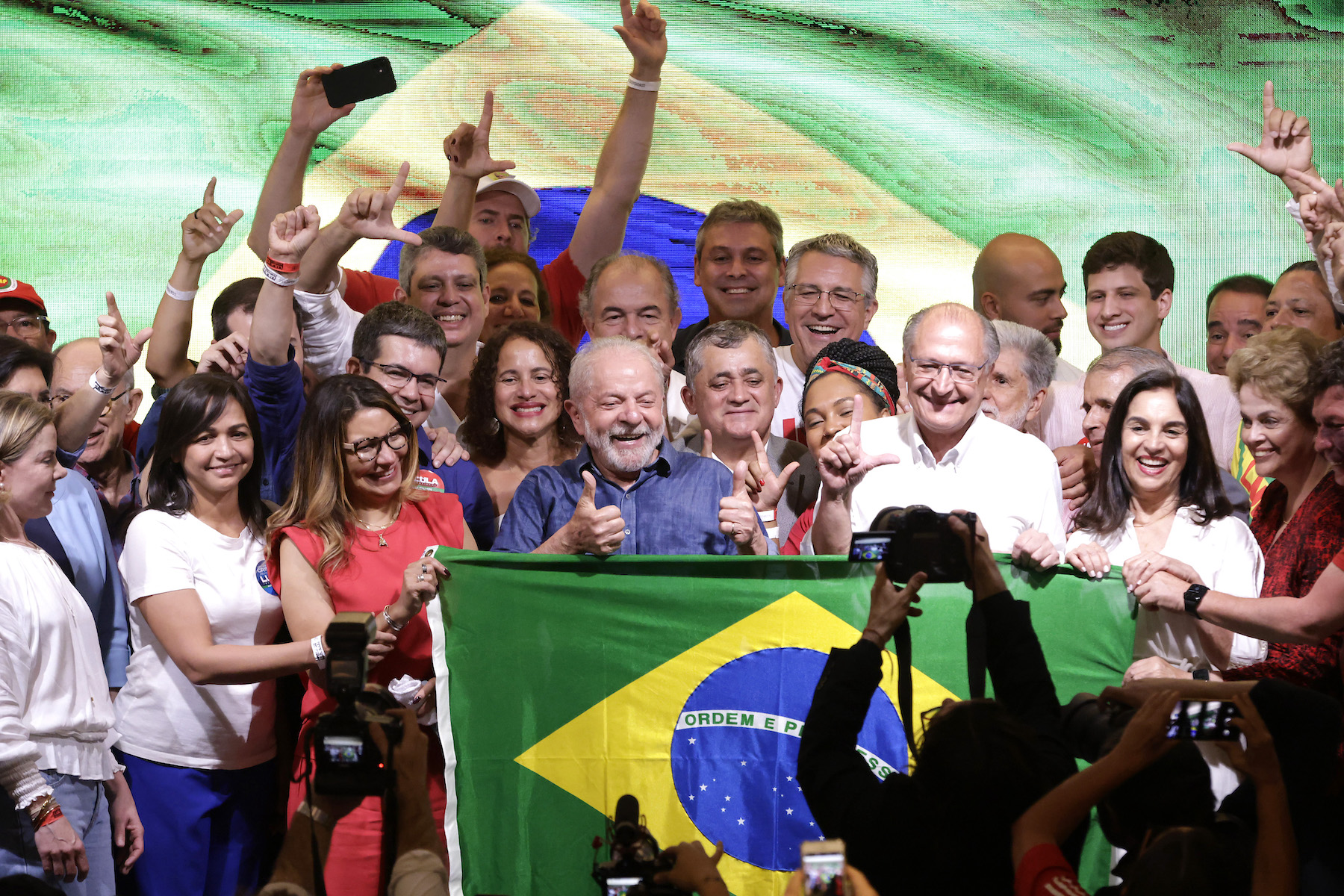
Da Silva ran on a campaign to uplift the working class, including more services for the poor such as social welfare payments, a higher minimum wage and food and housing programs.
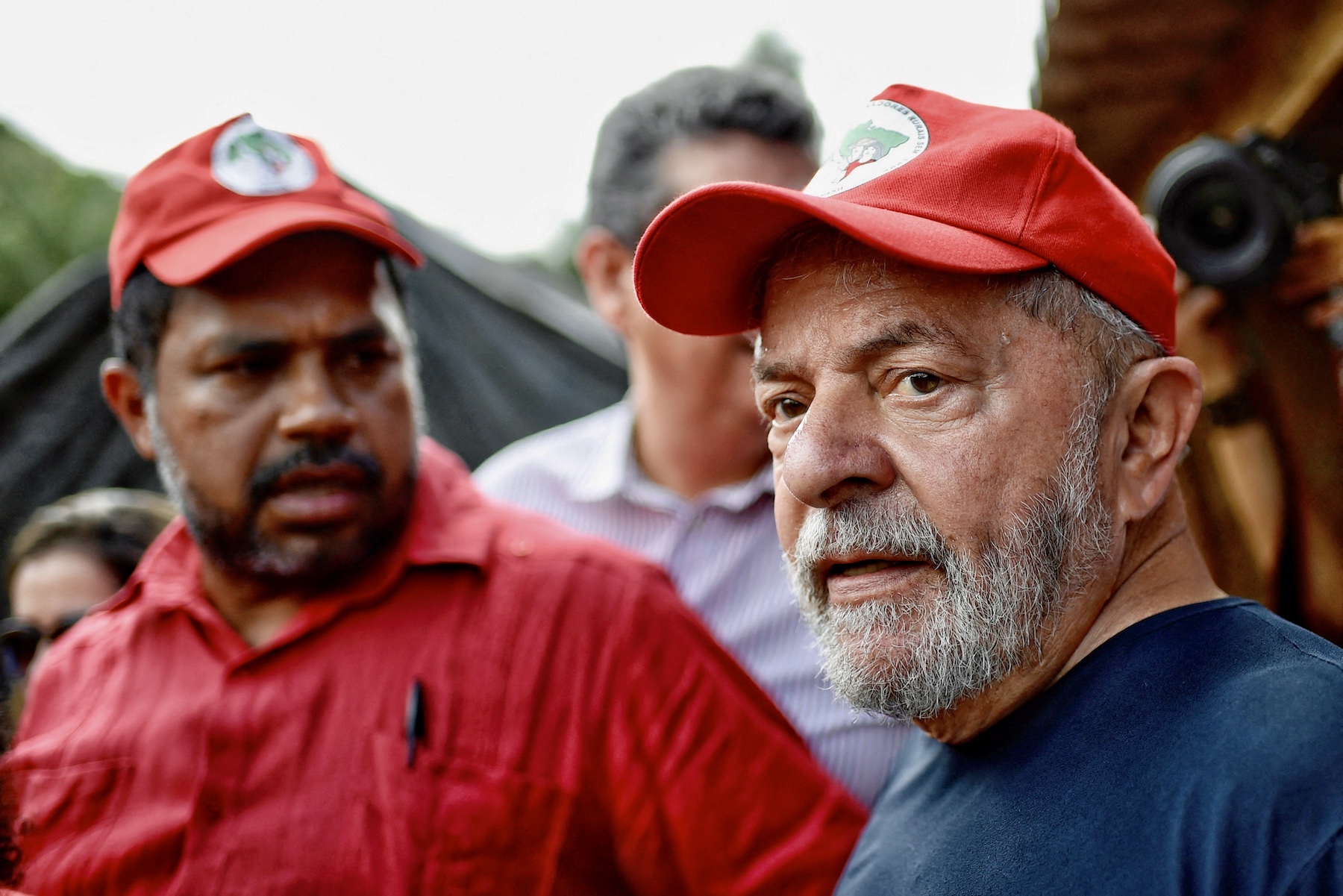
He also promised to end illegal mining and logging, which is a driving factor in the deforestation of the Amazon rainforest.
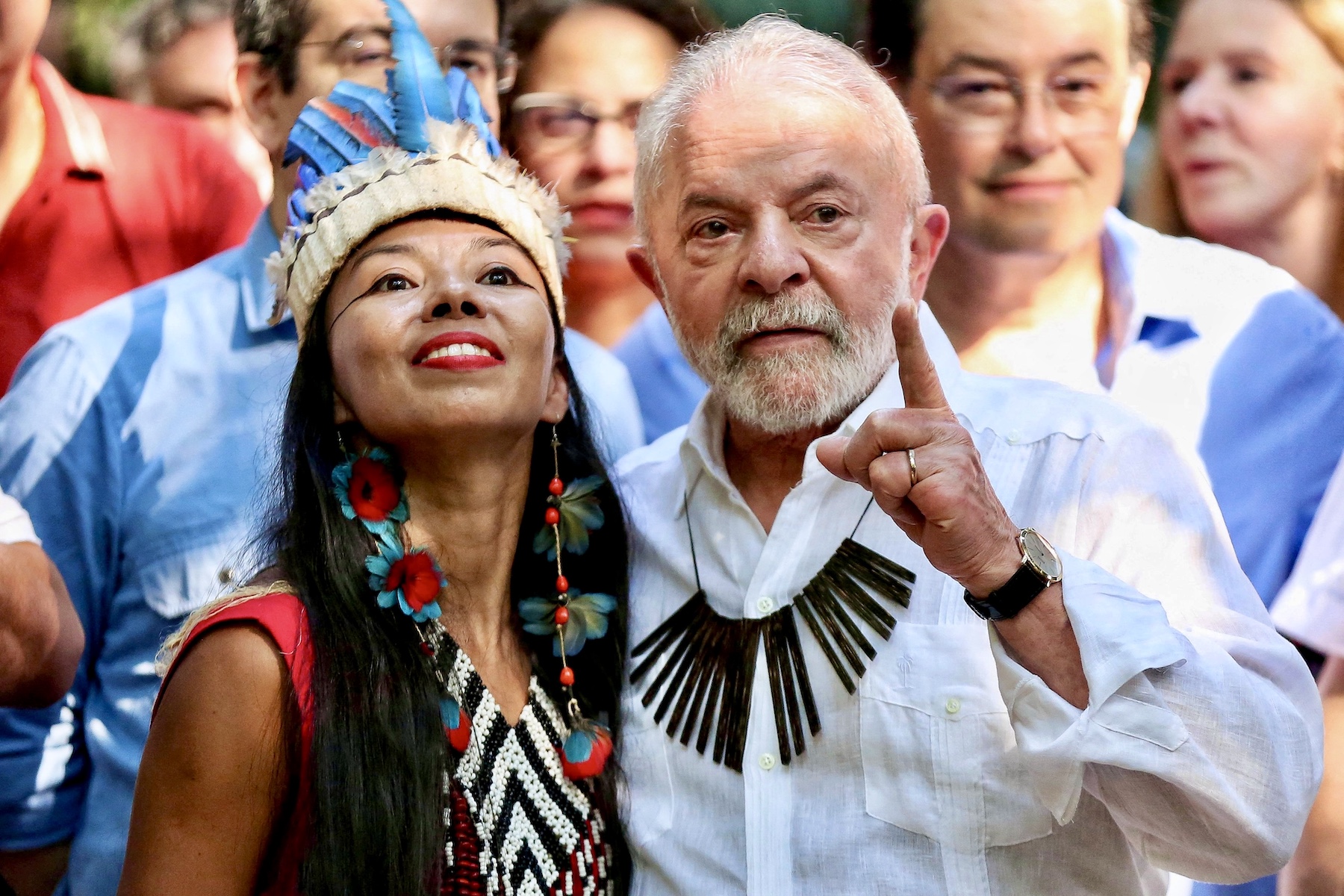
Speaking after his victory on Sunday, he promised to fight against discrimination and equality, according to the New York Times.

“They tried to bury me alive and here I am,” he said.
“I will govern for 215 million Brazilians, and not just for those who voted for me,” he said. “There are not two Brazils. We are one country, one people, one great nation.”


